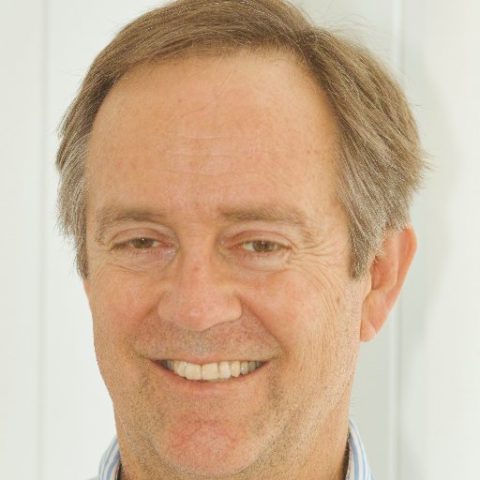8 April 2021

One of the nation’s top mental health experts has furiously unloaded on the State Government and SA Health, telling media he was “not going to be part of a charade” and that the health department “couldn’t organise a chook raffle’’.
Adjunct Professor John Mendoza (
photo credit: twitter) has resigned from his position as executive director of mental health and prison health services at the Central Adelaide Local Health Network (CALHN), telling ABC Radio this morning “I was given an ultimatum that I was either to cease and desist in making any comments about the situation in our community, or go.
“And I chose to go because the issues are of paramount importance to the community.’’
“There's no question that the pandemic has exposed those jurisdictions in Australia that have done the least in mental health reform and South Australia has been the laggard,’’ Professor Mendoza told ABC Radio brekkie presenter Ali Clarke.
“Sadly, I have to say that we have lost patients in the last couple of weeks. Too many, and in one week, three patients, suspected suicides.
“These are people who needed our care. They are in the worst possible place at that moment in their lives.
“We provided them with inpatient care and to the best of the ability of our community teams, and community teams in South Australia have had no additional resources for 10 years. Nothing.’’
Professor Mendoza said clinicians had been left in tears and at breaking point at being unable to deliver the care needed. “We are losing really experienced clinicians right now, they have thrown in the towel.’’
He said the Government had been warned of the mental health tsunami the COVID pandemic would unleash.
“We've seen massive numbers of people miss out on economic support. We've seen businesses go, we've seen families break up, we've seen people's lives upturned through this pandemic,’’ he told ABC Radio.
“So it was entirely predictable. And in fact, it was predicted by colleagues of mine at the University of Sydney, very clearly in detailed modelling, what would happen to the number of mental health presentations in the five years after the pandemic.
“It was very clear what would happen to the number of people presenting with self-harm injuries, with suicide behaviours, suicide attempts and so forth.
“That advice in May last year to the Government through the Office of Chief Psychiatrist, and again in August, was ignored and it was painted as extreme, ‘no, that's not going to happen’.
“Well, I can tell you that we are way past the estimates that were in that modelling, they now look very conservative.
“We have seen in the in the last nine months, we have had eight of the busiest months ever at the new Royal Adelaide. So eight of the busiest nine ever have happened since July 2020. And in February, we were 40% higher in the numbers of people seeking help than we were the same month two years ago.’’
Professor Mendoza said there had been a three-fold increase in presentations of people with suicidal or self-harm issues.
“But what we see governments doing and what the South Australian Government is fixated on is a series of small-scale initiatives that will have no systemic impact, it will not change the outcomes,’’ he told the ABC.
“Across the state, every one of my counterparts in the LHNs is screaming loud and, and consistently to the department: ‘focus on the workforce, we need to rapidly escalate a support workforce for those mental health clinicians, we need to bring in additional nurses, we need to bring in additional allied health, we need to bring in … specialists to work alongside that workforce’.
“Instead what I have is a mute, indolent response from the department, it is completely unable to make decisions to respond to this situation.
“As we sit here today, there are people in the RAH ED, who have been there for days, who need this sort of psychiatric intensive care bed. Now that is profound, that is a human rights violation to those people. It is deeply traumatising to the clinicians who have to try and keep this person safe and provide the best possible care they can when there is no bed available’’.
Professor Mendoza said he had been unable to talk with Health Minister Stephen Wade. “I can't get near the Minister because there's a Praetorian Guard that sort of protects him in the department. And they shield the information from him as to what is required,’’ he told the ABC.
Earlier Professor Mendoza told online newspaper InDaily he was quitting because “I’m not going to waste my time in a sense pretending I’m part of some reform effort when it’s not there.
“I think it’s time this was called out. I think it’s time there is some accountability on the department and the chief executive and the minister.”
He told InDaily the health department is “incapable of making a basic decision that enables the system to operate effectively’’ and “couldn’t organise a chook raffle’’.
Listen to the ABC audio
here.
Read the InDaily story
here.